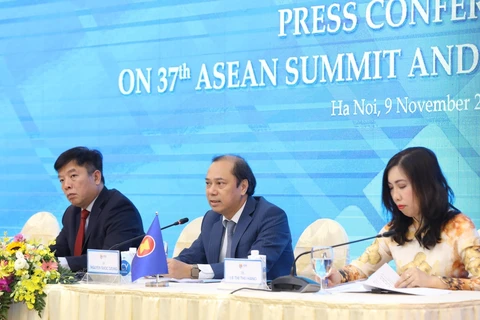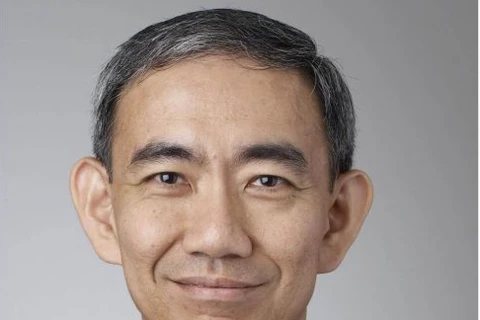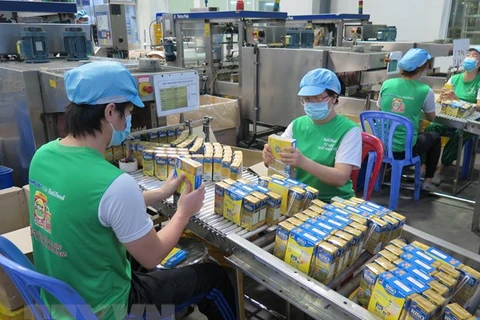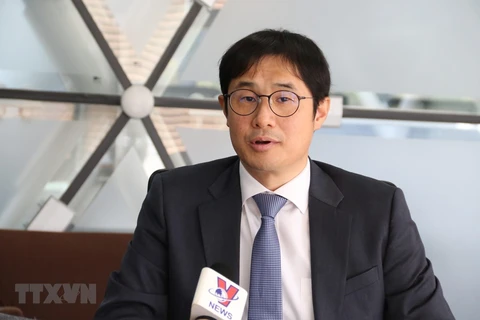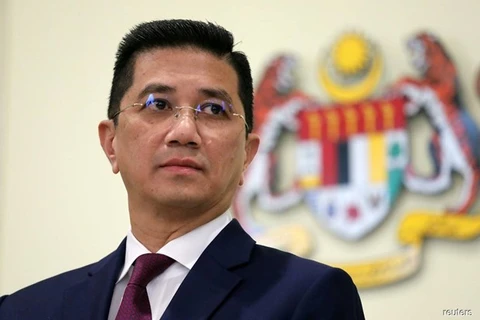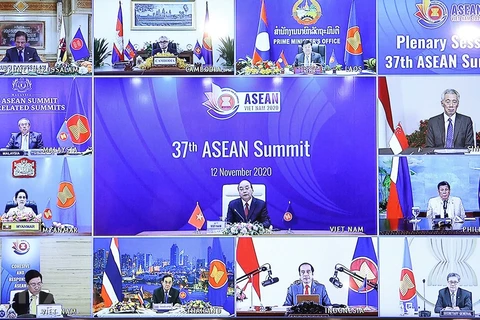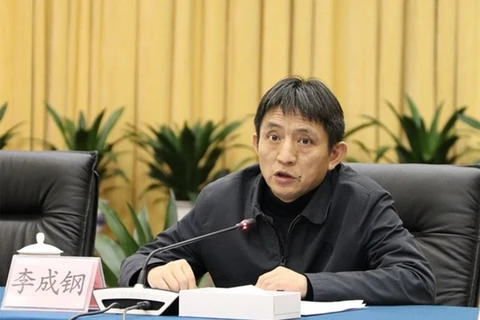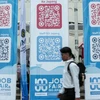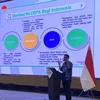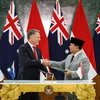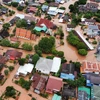Rome (VNA) – 2020 is the year that Vietnam was poised to make progress on its rise as a regional leader, Italy-based Inter Press Service said in its article published on November 13.
Assuming the Chair of ASEAN in January, Vietnam’s diplomacy has proven adaptable amid the constraints of COVID-19, the article wrote, adding that the successful completion of the Regional Comprehensive Economic Partnership (RCEP) trade agreement under Vietnam’s watch this year will improve the country’s important role in the Indo-Pacific region.
Eight years in the making and spanning over thirty rounds of negotiations, RCEP promises to buttress the post-COVID-19 economic recovery of its fifteen members. Covering 29 percent of global GDP, its provisions spur the further development of regional value chains and greatly lower regulatory barriers to investment, the article noted.
Vietnam’s leadership of RCEP marks its transformation to become one of the region’s fastest-growing and most internationally-engaged economies, it said.
The article said RCEP perhaps represents the apex of Vietnam’s efforts to integrate into the global economy starting in the mid-1990s.
According to the article, coming on the back of its domestically-focused Doi Moi (renewal) economic reforms that began in 1986, Vietnam joined ASEAN in 1995 and acceded to the World Trade Organization (WTO) in 2007. It eschewed protectionism and began pursuing a number of free trade agreements starting in 2005.
At present, Vietnam has signed a number of free trade agreements (FTAs) with advanced economies.
Vietnam has emerged not only as a participant in multilateral trade efforts, but as a leading proponent of regional trade integration. It is a member of the Comprehensive and Progressive Agreement for Trans-Pacific Partnership (CPTPP) with the participation of many countries, including Australia, New Zealand, and Japan.
RCEP continues Vietnam’s efforts, and Vietnam once again delivers an important new institution while it presides in its moment as ASEAN Chair. RCEP will put Vietnam and its Indo-Pacific partners in a good place to solve the economic problems pressuring the region, not the least the fallout from the COVID-19 pandemic, which has hit Southeast Asia particularly hard, the article said.
According to the article, with its domestic outbreak under control, Vietnam’s standing in the forecasts for economic growth is promising. Even under the most pessimistic modelling, Vietnam’s economy should maintain positive growth in 2020.
By the time Vietnam next takes the reins as ASEAN Chair, presumably in 2030, its economy will be well on its way to becoming one of the regional’s largest economies, and RCEP will get a lot of credit for that progress.
Along with catalysing post-COVID-19 economic growth in the broader Indo-Pacific region, RCEP will further enhance Vietnam’s ability to attract the investment it needs to propel its economy in this promising direction, it said./.
VNA

